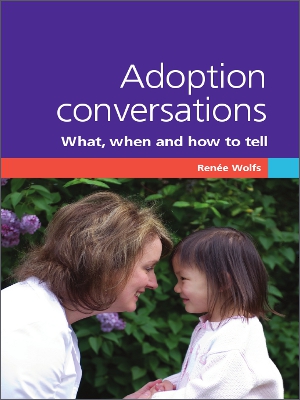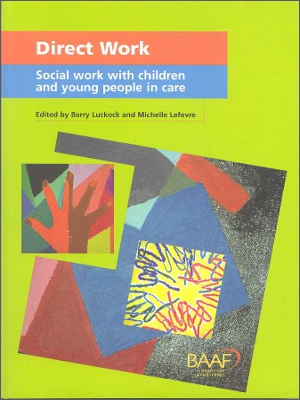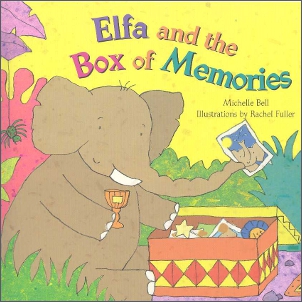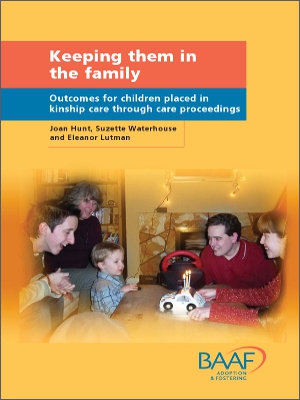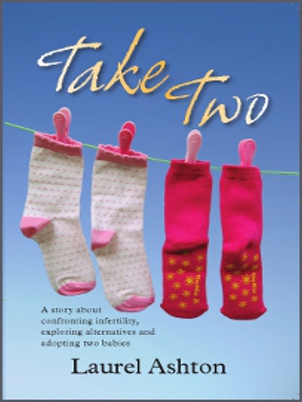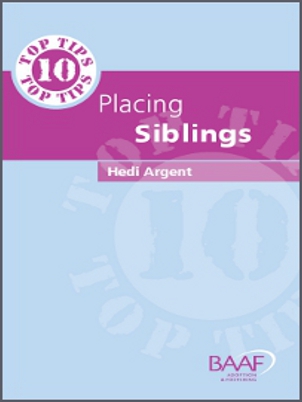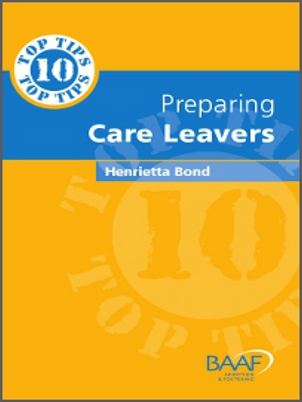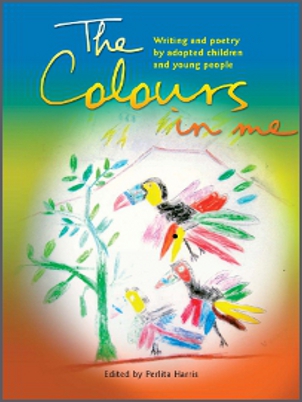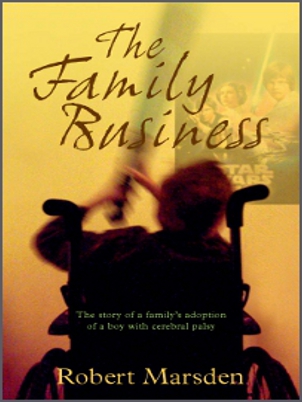Adoption conversations
| Renée Wolfs
This in-depth practical guide, written by an adoptive parent for adoptive parents, explores the questions adopted children are likely to ask, with suggestions for helpful explanations and answers. Looking at different age groups in turn, the author provides a wealth of suggestions for possible dialogue with adopted children and age-appropriate answers to common questions and fears.

